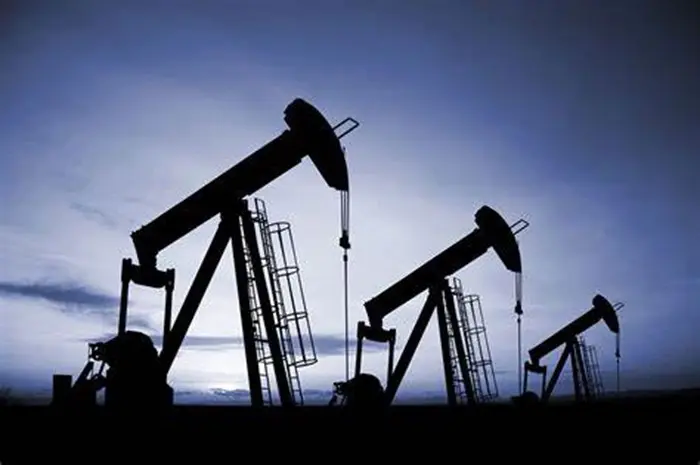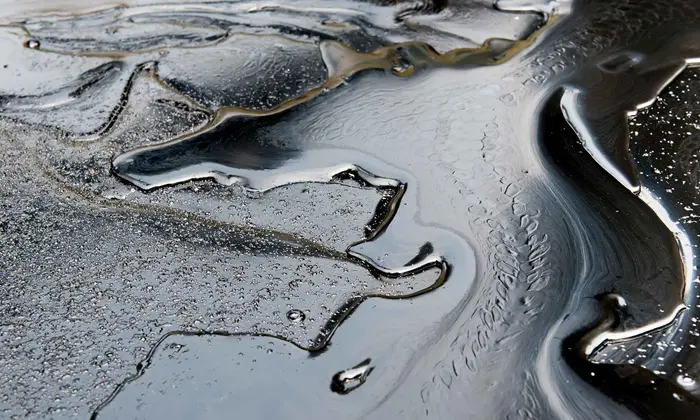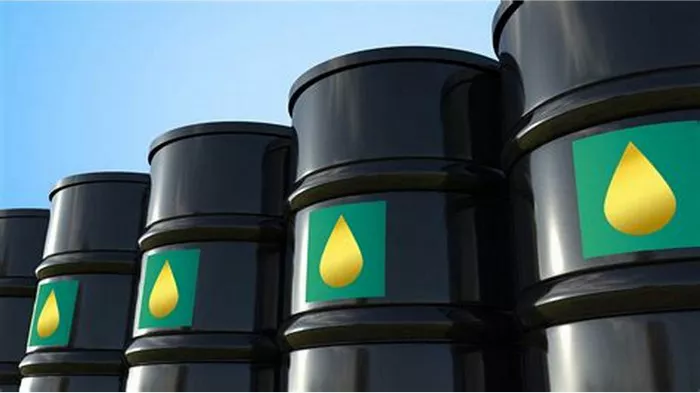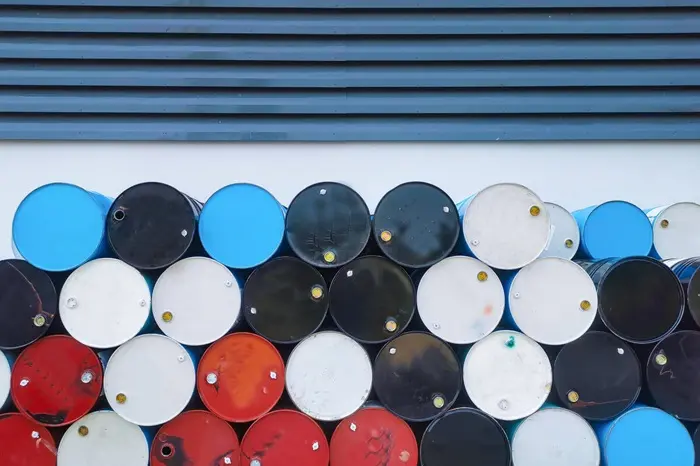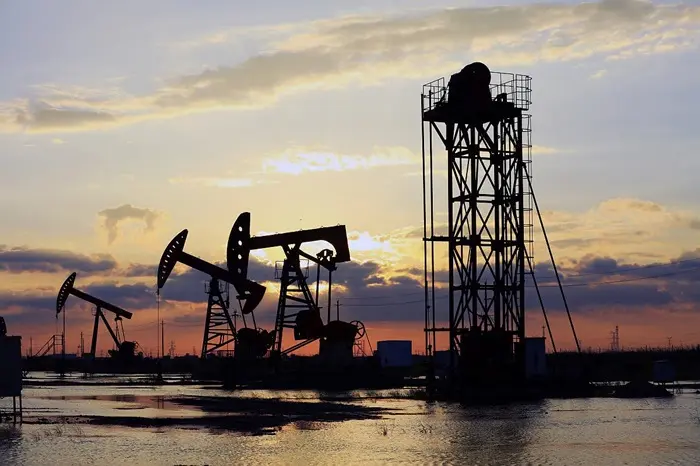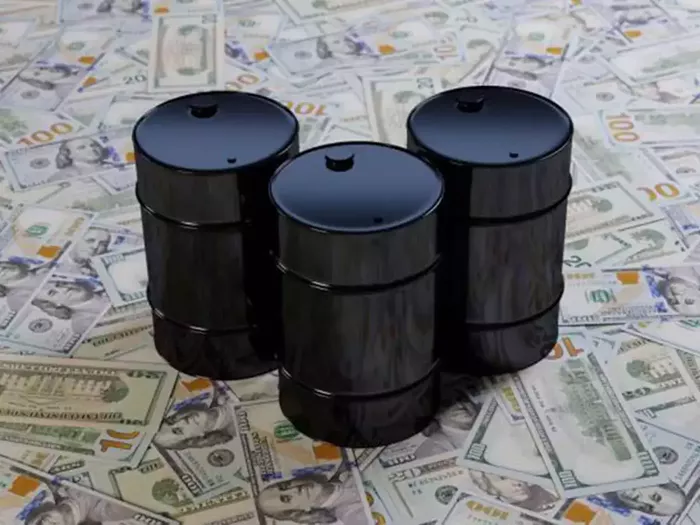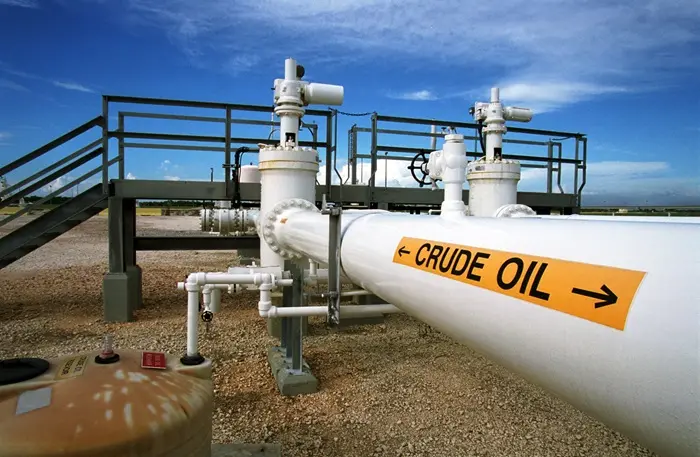Crude oil, often referred to as “black gold,” plays a crucial role in the global economy. It is a vital energy source and a key raw material for various industries. The countries that possess substantial crude oil reserves hold significant geopolitical and economic power. In this article, we will explore which country has the largest proven crude oil reserves, delve into the importance of these reserves, and examine the implications for the global energy market.
Understanding Crude Oil Reserves
What Are Crude Oil Reserves?
Crude oil reserves refer to the quantities of petroleum that can be extracted from the earth under existing economic and operational conditions. These reserves are classified into three categories:
Proven Reserves: These are quantities of oil that geological and engineering data demonstrate with reasonable certainty can be recovered in the future under existing economic and operational conditions.
Probable Reserves: These are quantities of oil that are less certain to be recovered than proven reserves but more certain than possible reserves.
Possible Reserves: These are quantities of oil that are estimated to be recoverable under favorable conditions but with less certainty than probable reserves.
The Importance of Proven Reserves
Proven reserves are the most critical category because they provide a reliable estimate of how much oil a country can produce. These reserves influence a nation’s economic stability, energy security, and geopolitical influence. Countries with significant proven reserves can influence global oil prices and have a strategic advantage in international relations.
See Also: Crude Oil, Gold And Other Commodity Closing Prices
Countries with Significant Crude Oil Reserves
Venezuela
Venezuela holds the largest proven crude oil reserves in the world. According to the BP Statistical Review of World Energy, Venezuela’s proven reserves amount to approximately 304 billion barrels. The country’s oil reserves are primarily located in the Orinoco Belt, a vast area rich in extra-heavy crude oil.
The Orinoco Belt
The Orinoco Belt is one of the most significant oil deposits globally. It stretches over 55,000 square kilometers and contains an estimated 1.2 trillion barrels of extra-heavy crude oil. Despite the challenges of extracting and refining this type of oil, advancements in technology have made it increasingly viable.
Economic and Political Challenges
Venezuela’s vast oil reserves have not translated into economic prosperity. The country has faced significant political and economic instability, leading to a decline in oil production. Nationalization of the oil industry, lack of investment, and mismanagement have all contributed to the challenges faced by the Venezuelan oil sector.
Saudi Arabia
Saudi Arabia is the second-largest holder of proven crude oil reserves, with approximately 298 billion barrels. The country’s oil wealth is primarily located in the Ghawar Field, the largest onshore oil field in the world.
The Ghawar Field
The Ghawar Field has been producing oil since 1951 and continues to be a significant source of Saudi Arabia’s oil output. It spans approximately 280 kilometers and has contributed significantly to the kingdom’s status as a leading oil producer.
Saudi Aramco
Saudi Aramco, the state-owned oil company, is the world’s most valuable company and plays a crucial role in managing the country’s oil reserves. The company’s efficient operations and significant investments in technology have ensured Saudi Arabia’s position as a top oil producer.
Canada
Canada ranks third in terms of proven crude oil reserves, with around 170 billion barrels. The majority of these reserves are located in the oil sands of Alberta.
Oil Sands of Alberta
The oil sands, also known as tar sands, are a mixture of sand, water, clay, and bitumen. Extracting oil from these sands is a complex and costly process, but advancements in technology have made it more feasible. The Athabasca, Peace River, and Cold Lake regions are the primary areas for oil sands development.
Environmental Concerns
The extraction of oil from the sands has raised significant environmental concerns. The process requires large amounts of water and energy, and it results in substantial greenhouse gas emissions. Balancing economic benefits with environmental protection remains a challenge for Canada.
Iran
Iran holds the fourth-largest proven crude oil reserves, with approximately 156 billion barrels. The country’s oil reserves are primarily located in the southwestern region, including the giant Ahvaz Field.
The Ahvaz Field
The Ahvaz Field is one of the largest onshore oil fields globally and has been a significant contributor to Iran’s oil production. Despite international sanctions and political challenges, Iran continues to be a major player in the global oil market.
Sanctions and Production
International sanctions have impacted Iran’s ability to fully exploit its oil reserves. Restrictions on technology and investment have hindered production capacity, but the country remains a significant oil exporter.
Iraq
Iraq ranks fifth in terms of proven crude oil reserves, with approximately 145 billion barrels. The country’s oil wealth is concentrated in the southern region, including the Rumaila and West Qurna fields.
The Rumaila Field
The Rumaila Field is one of the largest oil fields in the world, with significant production potential. Joint ventures with international oil companies have helped boost production and modernize infrastructure.
Post-Conflict Reconstruction
Iraq’s oil industry has faced challenges due to years of conflict and instability. Efforts to rebuild and modernize the sector have shown promise, but political and security issues continue to pose risks.
Implications of Large Crude Oil Reserves
Economic Impact
Countries with significant crude oil reserves often experience economic benefits from their oil wealth. Revenue from oil exports can fund infrastructure development, social programs, and economic diversification efforts. However, reliance on oil can also lead to economic vulnerabilities, especially when oil prices fluctuate.
Geopolitical Influence
Large oil reserves grant countries considerable geopolitical influence. Oil-producing nations can leverage their resources to negotiate favorable trade deals, form strategic alliances, and exert pressure on the global stage. Control over oil reserves can also lead to conflicts and tensions, as seen in various regions around the world.
Energy Security
Proven crude oil reserves contribute to a country’s energy security by ensuring a stable and reliable energy supply. Nations with substantial reserves are less dependent on external sources of energy, reducing their vulnerability to supply disruptions and price volatility.
Environmental Considerations
The extraction and consumption of crude oil have significant environmental implications. Burning fossil fuels contributes to greenhouse gas emissions and climate change. Countries with large oil reserves face the challenge of balancing economic growth with environmental sustainability.
Future of Crude Oil Reserves
Technological Advancements
Advancements in technology continue to play a crucial role in the oil industry. Enhanced oil recovery techniques, improved drilling methods, and innovations in refining processes have made it possible to extract oil from previously inaccessible reserves. These advancements will shape the future of crude oil production and reserves.
Transition to Renewable Energy
The global push towards renewable energy sources is reshaping the energy landscape. While crude oil remains a dominant energy source, the transition to cleaner alternatives is gaining momentum. Countries with large oil reserves must navigate this transition while managing the economic and social impacts.
Global Energy Demand
The demand for energy continues to grow, driven by population growth and industrialization. Despite the rise of renewable energy, crude oil is expected to remain a significant part of the energy mix for the foreseeable future. Countries with substantial reserves will continue to play a vital role in meeting global energy needs.
Conclusion
Venezuela holds the largest proven crude oil reserves, followed by Saudi Arabia, Canada, Iran, and Iraq. These countries possess significant economic and geopolitical advantages due to their oil wealth. However, they also face challenges related to economic diversification, environmental sustainability, and geopolitical tensions. The future of crude oil reserves will be shaped by technological advancements, the transition to renewable energy, and evolving global energy demand. Understanding the dynamics of crude oil reserves is essential for navigating the complex and interconnected world of energy and geopolitics.
Related topics:

